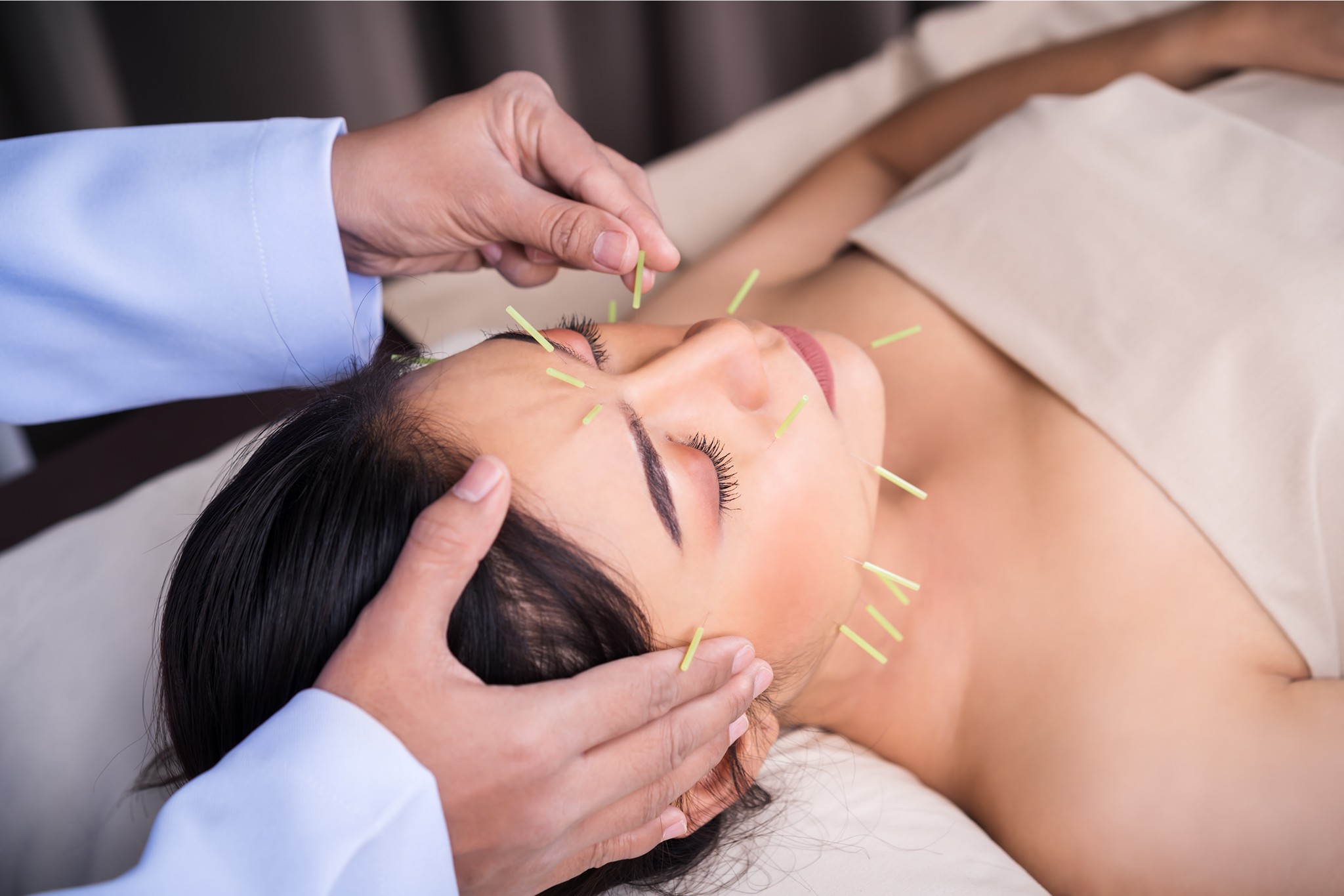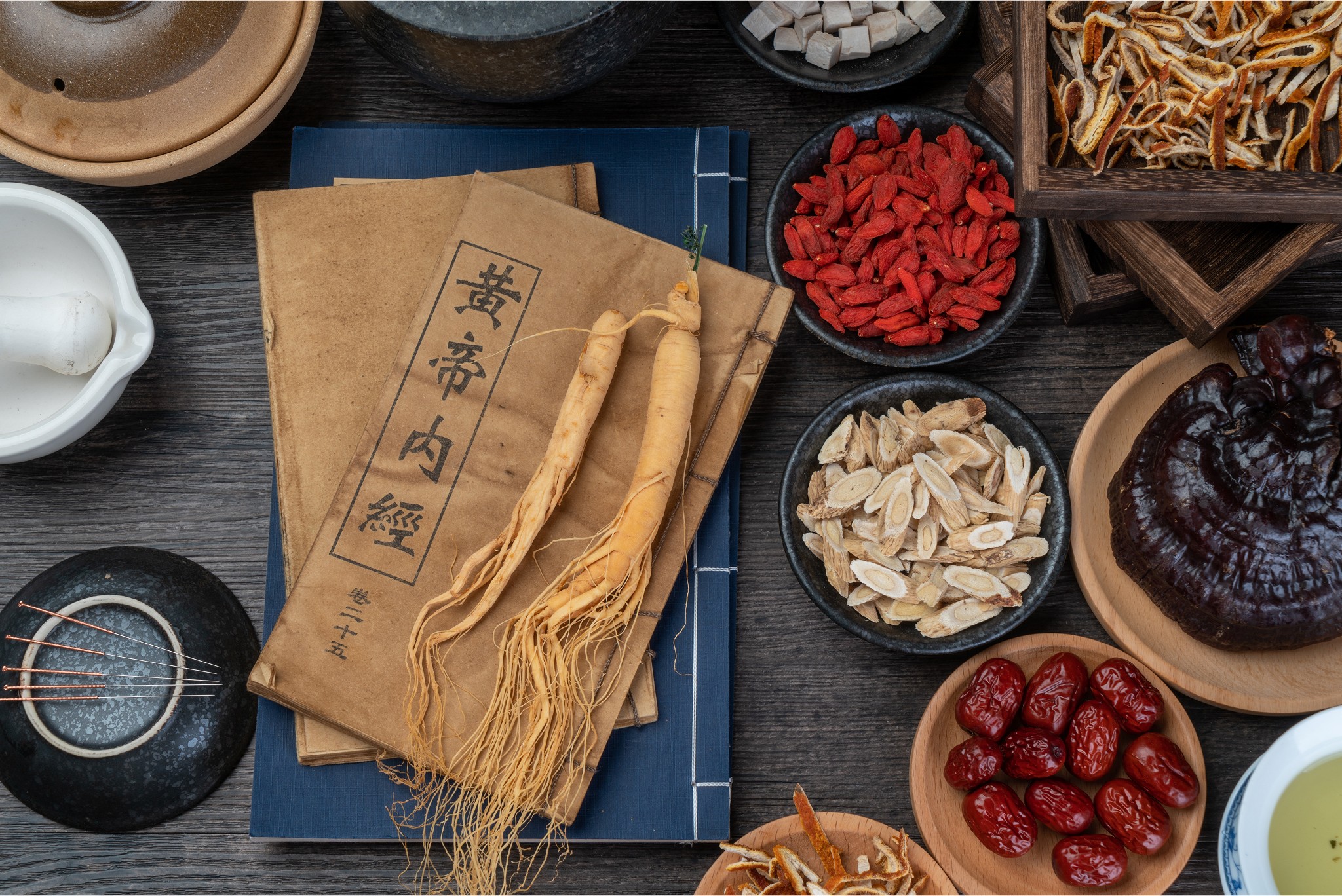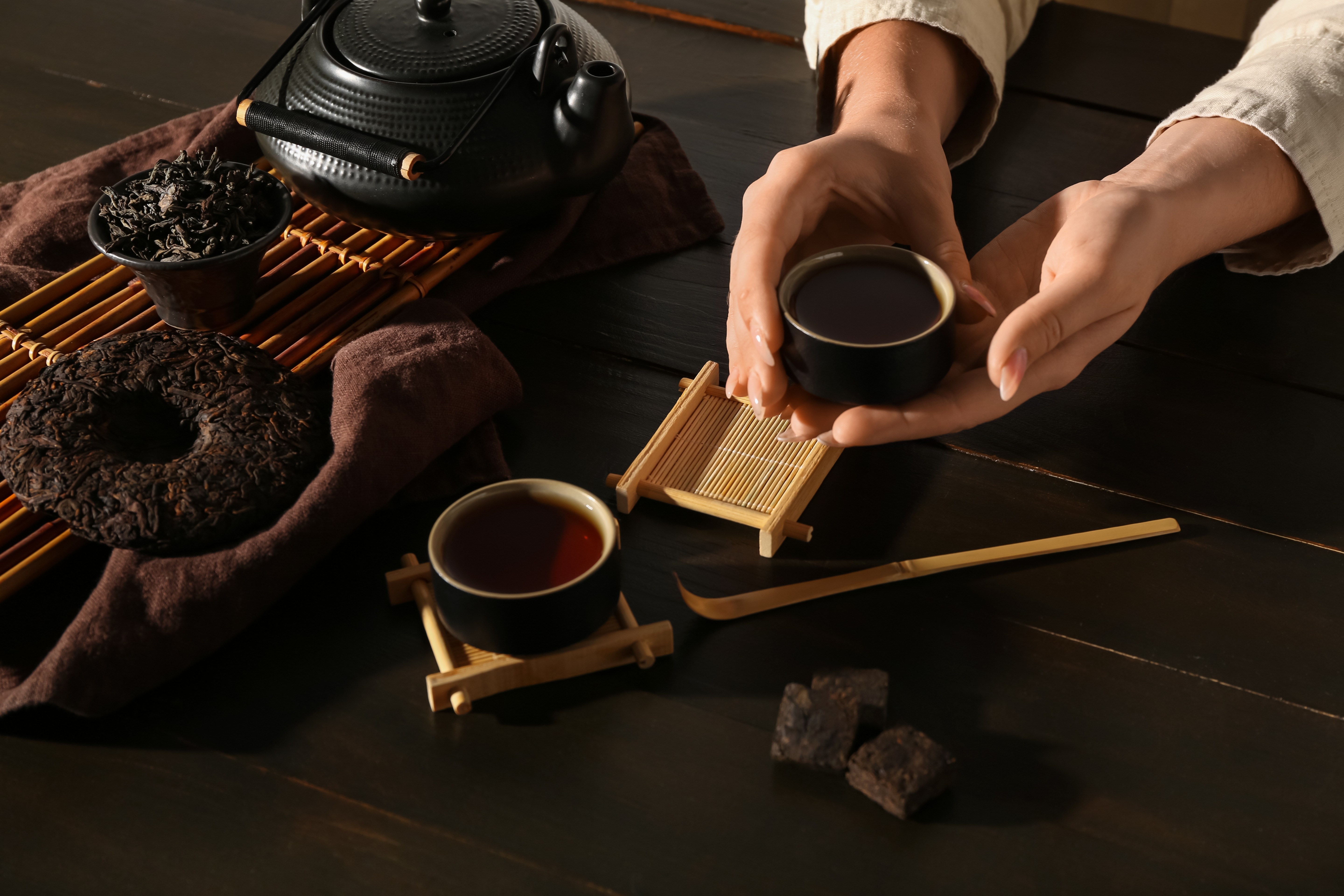Introduction: Why TCM Still Thrives in the 21st Century
In today’s fast-paced world, chronic stress, poor sleep, and lifestyle-related illnesses are increasingly common. While modern medicine provides acute care and surgical precision, many people are turning back to Traditional Chinese Medicine (TCM) — a 2,500-year-old system of healing that treats the root cause rather than just the symptoms.
From acupuncture and herbal therapy to Qi balancing and dietary wisdom, TCM remains deeply relevant today — not as an alternative, but as a powerful complement to Western approaches.
Understanding the Philosophy of TCM: Balance, Qi, and Nature
TCM is founded on a holistic philosophy where the human body is viewed as a microcosm of the natural world. Health is seen as a state of harmony between opposing but interconnected forces: Yin and Yang. As babies we were born with balance, flexibility and harmony but as the stresses of modern life accumulated, our bodies, minds, spirits became out of balance. To restore this balance within and with nature, we need to understand the root cause of the imbalances
Qi (pronounced “chee”) is the body’s vital energy that flows through meridians (energy channels).
Illness occurs when Qi is blocked, deficient, or excessive.
TCM restores balance through personalized therapies that support the body's self-healing mechanisms.

Core Modalities of TCM
1. Acupuncture
By inserting fine needles into specific points on the body, acupuncture stimulates energy flow, reduces inflammation, and promotes the release of endorphins. Clinical studies show its effectiveness for:
Chronic pain (back, neck, joints)
Insomnia
Migraines
Stress and anxiety
Explore our acupuncture services

2. Herbal Medicine
TCM uses over 300 natural herbs in customized formulas. Unlike synthetic drugs that target isolated symptoms, herbal blends support multiple body systems simultaneously.
Common uses:
Women’s health (PMS, fertility, menopause)
Digestion and gut health
Immunity boosting
Skin conditions

3. Moxibustion & Cupping
Moxibustion uses burning herbs (usually mugwort) near acupuncture points to warm the body and move stagnant Qi.
Cupping therapy draws out toxins, improves circulation, and reduces muscle tension — popular among athletes and those with desk-bound jobs.
Learn more about cupping & moxibustion

4. Qigong & Lifestyle Guidance
TCM also incorporates mind-body practices like Qigong, meditation, and breathing techniques. Alongside these, you’ll receive advice on diet, sleep, seasonal routines, and emotional wellness based on your body constitution.

Modern Benefits of TCM: More Than Just Ancient Wisdom
While rooted in ancient philosophy, TCM addresses 21st-century health concerns with surprising efficacy:
Stress & Burnout Recovery
Boosting Immunity & Vitality
Improving Sleep Without Medication
Hormonal Balance & Fertility
Natural Anti-aging & Skin Clarity
Many patients use TCM as preventive care, not just when they’re ill — a key difference from symptom-based systems.
How TCM Complements Western Medicine
More hospitals and clinics now integrate TCM with modern healthcare. For example:
Post-surgery recovery
Cancer support (managing chemo side effects)
Managing autoimmune disorders
Enhancing mental health therapy outcomes
Rather than replacing your doctor, TCM works alongside conventional medicine to help you heal more completely.
Is TCM Safe? What You Need to Know
When practiced by licensed professionals, TCM is extremely safe and well-tolerated. Always ensure:
Your herbs are certified and traceable
Your practitioner has recognized training and registration
You’re given individualized diagnosis (no one-size-fits-all)
Meet our licensed TCM physicians
Getting Started: What to Expect in Your First TCM Visit
During your initial session, your TCM doctor will:
Ask about your lifestyle, symptoms, and health history
Examine your pulse and tongue (core diagnostic tools)
Recommend a personalized treatment plan (may include herbs, acupuncture, and lifestyle advice)
Most people begin to feel results within 1-3 sessions, depending on the condition and severity.
Conclusion: Reconnect with Your Body’s Natural Healing
In a world filled with screens, stimulants, and stress, TCM offers something profoundly grounding: a return to natural rhythms, internal balance, and true vitality.
Whether you're looking to heal, prevent illness, or simply enhance your wellbeing, Traditional Chinese Medicine offers a time-tested path to holistic health.
Share Article
Introduction: Why TCM Still Thrives in the 21st Century
In today’s fast-paced world, chronic stress, poor sleep, and lifestyle-related illnesses are increasingly common. While modern medicine provides acute care and surgical precision, many people are turning back to Traditional Chinese Medicine (TCM) — a 2,500-year-old system of healing that treats the root cause rather than just the symptoms.
From acupuncture and herbal therapy to Qi balancing and dietary wisdom, TCM remains deeply relevant today — not as an alternative, but as a powerful complement to Western approaches.
Understanding the Philosophy of TCM: Balance, Qi, and Nature
TCM is founded on a holistic philosophy where the human body is viewed as a microcosm of the natural world. Health is seen as a state of harmony between opposing but interconnected forces: Yin and Yang. As babies we were born with balance, flexibility and harmony but as the stresses of modern life accumulated, our bodies, minds, spirits became out of balance. To restore this balance within and with nature, we need to understand the root cause of the imbalances
Qi (pronounced “chee”) is the body’s vital energy that flows through meridians (energy channels).
Illness occurs when Qi is blocked, deficient, or excessive.
TCM restores balance through personalized therapies that support the body's self-healing mechanisms.

Core Modalities of TCM
1. Acupuncture
By inserting fine needles into specific points on the body, acupuncture stimulates energy flow, reduces inflammation, and promotes the release of endorphins. Clinical studies show its effectiveness for:
Chronic pain (back, neck, joints)
Insomnia
Migraines
Stress and anxiety
Explore our acupuncture services

2. Herbal Medicine
TCM uses over 300 natural herbs in customized formulas. Unlike synthetic drugs that target isolated symptoms, herbal blends support multiple body systems simultaneously.
Common uses:
Women’s health (PMS, fertility, menopause)
Digestion and gut health
Immunity boosting
Skin conditions

3. Moxibustion & Cupping
Moxibustion uses burning herbs (usually mugwort) near acupuncture points to warm the body and move stagnant Qi.
Cupping therapy draws out toxins, improves circulation, and reduces muscle tension — popular among athletes and those with desk-bound jobs.
Learn more about cupping & moxibustion

4. Qigong & Lifestyle Guidance
TCM also incorporates mind-body practices like Qigong, meditation, and breathing techniques. Alongside these, you’ll receive advice on diet, sleep, seasonal routines, and emotional wellness based on your body constitution.

Modern Benefits of TCM: More Than Just Ancient Wisdom
While rooted in ancient philosophy, TCM addresses 21st-century health concerns with surprising efficacy:
Stress & Burnout Recovery
Boosting Immunity & Vitality
Improving Sleep Without Medication
Hormonal Balance & Fertility
Natural Anti-aging & Skin Clarity
Many patients use TCM as preventive care, not just when they’re ill — a key difference from symptom-based systems.
How TCM Complements Western Medicine
More hospitals and clinics now integrate TCM with modern healthcare. For example:
Post-surgery recovery
Cancer support (managing chemo side effects)
Managing autoimmune disorders
Enhancing mental health therapy outcomes
Rather than replacing your doctor, TCM works alongside conventional medicine to help you heal more completely.
Is TCM Safe? What You Need to Know
When practiced by licensed professionals, TCM is extremely safe and well-tolerated. Always ensure:
Your herbs are certified and traceable
Your practitioner has recognized training and registration
You’re given individualized diagnosis (no one-size-fits-all)
Meet our licensed TCM physicians
Getting Started: What to Expect in Your First TCM Visit
During your initial session, your TCM doctor will:
Ask about your lifestyle, symptoms, and health history
Examine your pulse and tongue (core diagnostic tools)
Recommend a personalized treatment plan (may include herbs, acupuncture, and lifestyle advice)
Most people begin to feel results within 1-3 sessions, depending on the condition and severity.
Conclusion: Reconnect with Your Body’s Natural Healing
In a world filled with screens, stimulants, and stress, TCM offers something profoundly grounding: a return to natural rhythms, internal balance, and true vitality.
Whether you're looking to heal, prevent illness, or simply enhance your wellbeing, Traditional Chinese Medicine offers a time-tested path to holistic health.
Share Article


